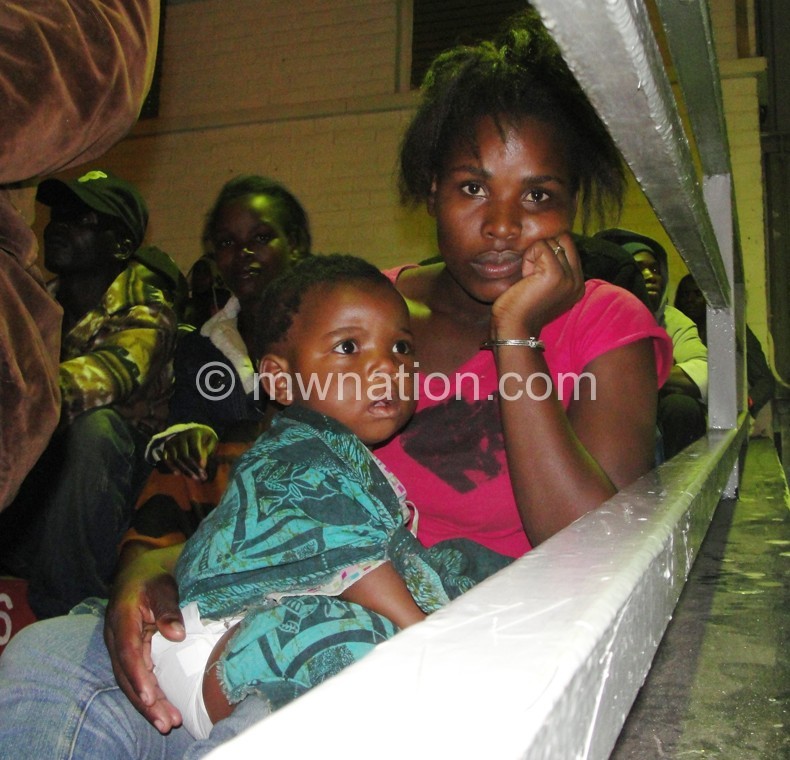Do xenophobic attacks mirror mfecane?
Calamity of a huge magnitude struck South Africa in the early 1820s. The cataclysm termed as ‘Mfecane’ (the crushing) by the Nguni and “wars of calamity” by Europeans led to millions of homeless tribes drifting about southern Africa seeking reprieve.
During that time the Zulu tribe led by their ruler King Shaka, launched bloody wars of eradication against other tribes.
In the past weeks multitudes of Malawians and other African nationals have been fleeing for their lives in xenophobic attacks believed to have been inspired by Zulu king Goodwill Zwelithini.
These brutal onslaughts against foreign nationals have led some quarters to equate them to Mfecane. Others have gone a step further to categorically state that Zulus have an insatiable dislike for foreigners and one citizen holding that view is Traditional Authority (T/A) Karonga of the Tumbuka tribe.

“The egotistic manner in which that [xenophobia] was executed shows they don’t care about the plight of others and I don’t buy their excuse that Malawians and other foreigners are snatching their jobs because those jobs have been there since time immemorial,” he said.
But Ngoni chief T/A Champiti feels it is wrong and unfair to the Zulu beliefs to equate the xenophobia attacks to Mfecane because the reasons for the latter are quite contrary to the recent bloody attacks.
“I have known Zulus as peaceful people and we must understand that when Zulus under Shaka waged war against other tribes, the aim was to conquer more land and incorporate the captured people in their culture to enlarge their grouping. In spite of the xenophobic attacks, I still feel Malawians are welcome in South Africa only that something simply went wrong and I am convinced that they were not done by real Zulus,” says Champiti.
Former Malawi High Commissioner to the republic of South Africa John Chikago blames apartheid for all this.
He explains: “These people have been under the apartheid bondage for so long; apartheid got into their minds. When they were complaining about the white man’s brutality they were slowly copying that and this is what they are trying on other people now that they are free. It’s the same apartheid only that the then victim is now the perpetrator. This is like the case of marrying a woman who divorced her husband because he was abusing her and then she turns on you and physically and psychologically abuses you.”
Chikago further says Malawians living in Durban have an upper hand as compared to other tribes due to strong traditional and cultural heritage.
“While in South Africa as high commissioner I was in very good terms with the Zulu chief Mangosuthu Buthelezi who was then minister of home affairs. He once told me that when he visited Malawi he met Inkosi Gomani and Inkosi ya Makosi M’mbelwa IV and he was happy to hear the chiefs speak Zulu fluently,” he says.
The diplomat, hence, encouraged Inkosi Gomani and the current M’mbelwa to exchange regular visits with Zulu chiefs in South Africa so as to lessen the xenophobic attacks have on Malawians.





